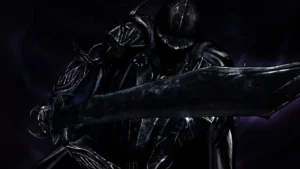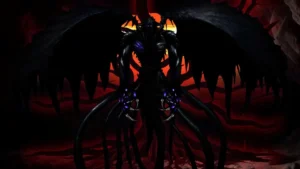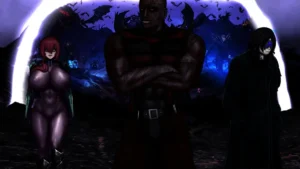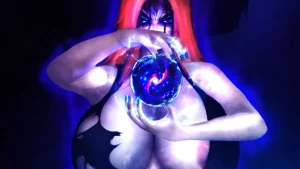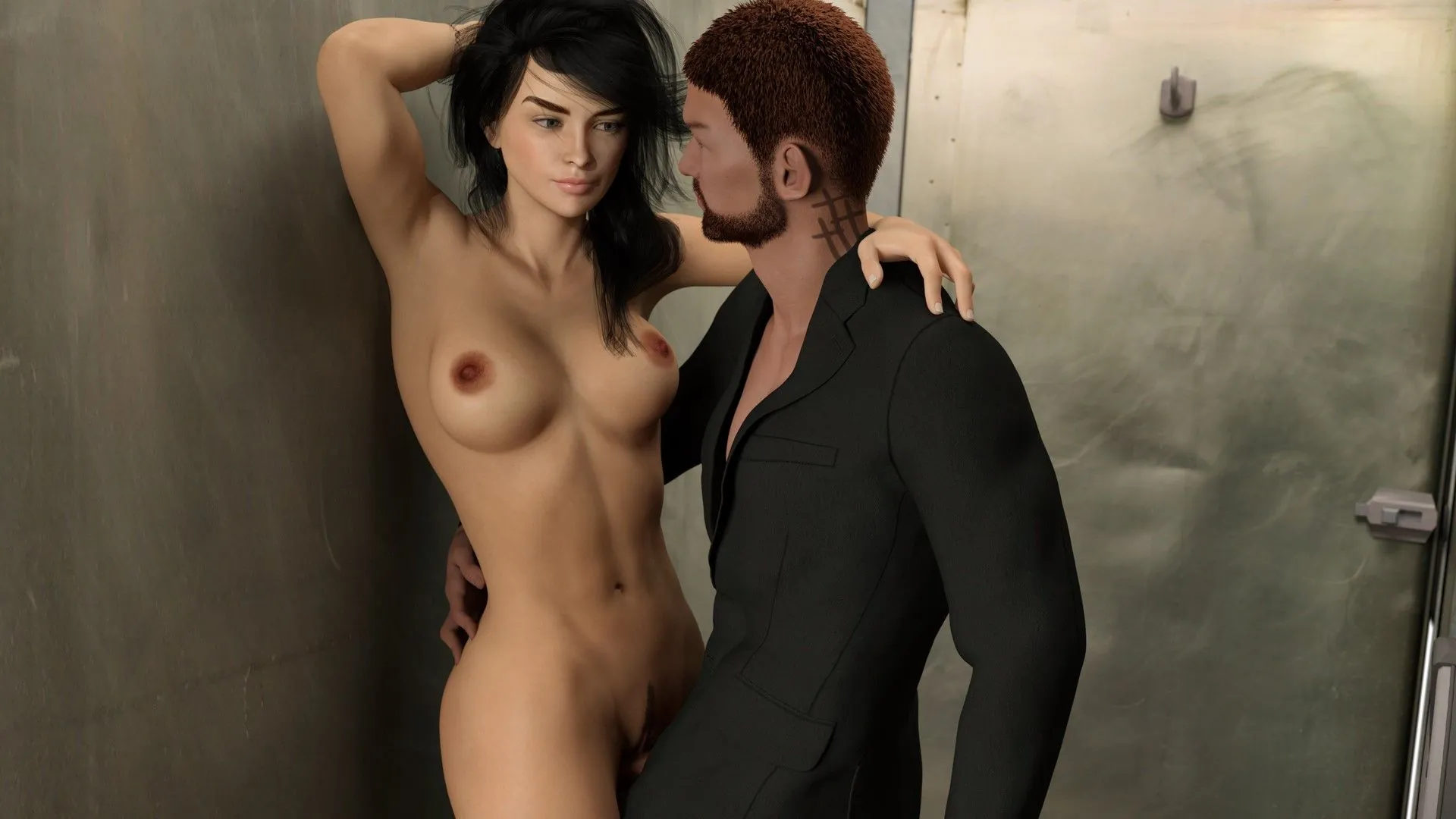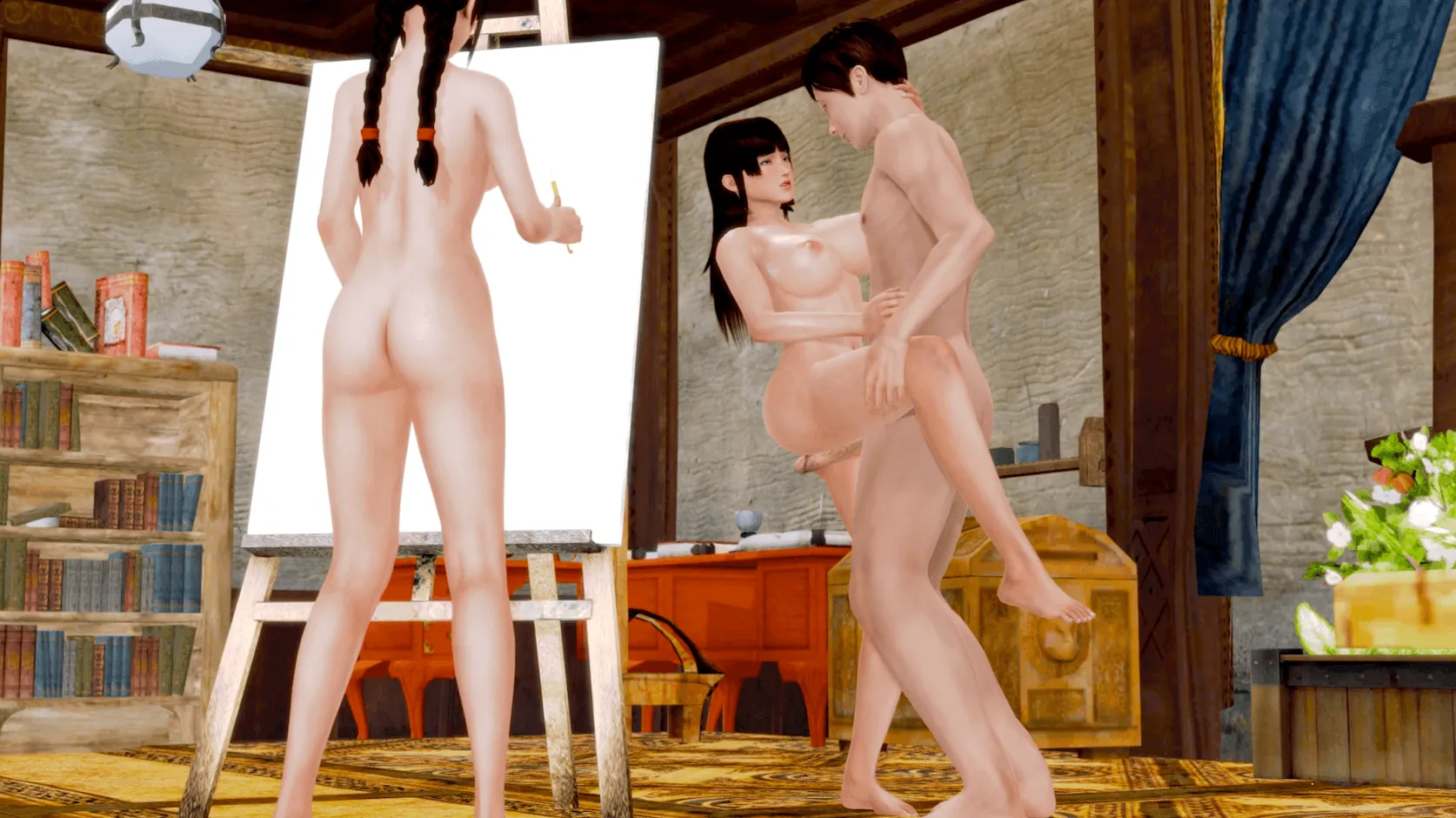
Superhuman
Play Superhuman
Superhuman review
Master gameplay systems, character events, and strategic choices in this adult visual novel
Superhuman is a complex adult visual novel that demands strategic decision-making and careful planning to unlock all content and endings. Whether you’re starting your first playthrough or optimizing for specific routes, understanding the game’s core mechanics, stat systems, and event structures is essential. This guide breaks down everything you need to know about character progression, relationship management, and the critical choices that shape your journey. From daily activities to late-game content, we’ll help you navigate the game’s intricate systems and maximize your experience.
Core Gameplay Mechanics and Character Progression
Understanding the Stat System and Character Development
Let’s be real—the first time I booted up Superhuman, I stared at the stat screen like it was written in ancient hieroglyphics. 🤯 I just randomly clicked stuff, and let’s just say my first playthrough ended with my character as a broke, weak, and universally disliked mess. Not a great look. Understanding the Superhuman game stats is the absolute foundation of your success, and it’s the most critical part of any character progression guide.
The game revolves around four core attributes: Skill, Power, Morality, and Purity. Think of these as the pillars of your identity in the game world. They don’t just open doors; they determine which doors you even get to see. Every choice you make, from a simple conversation to a major story decision, is filtered through these numbers. Your entire approach to Superhuman gameplay mechanics hinges on balancing these stats to match the story you want to experience.
Here’s the lowdown on what each stat truly means for your journey:
- Skill: This isn’t just about being good at video games. It represents your cunning, intelligence, and social finesse. A high Skill stat lets you talk your way out of fights, hack systems, and manipulate situations to your advantage. It’s the path of the clever strategist.
- Power: 🦾 This is your raw, physical capability. Strength, combat prowess, and intimidation factor. Choosing Power-heavy options often leads to more direct, confrontational solutions. It’s for players who want to dominate through force.
- Morality: This is your internal compass. A high Morality stat pushes you toward heroic, selfless actions, while a low one opens up more selfish, ruthless, and pragmatic choices. It’s a sliding scale that dramatically alters how characters perceive you and what storylines become available.
- Purity: This stat is a bit more abstract but incredibly powerful. It governs your connection to more esoteric or “clean” paths, often influencing special events and certain relationship outcomes. Neglecting it can lock you out of some of the game’s most unique content.
My biggest “aha!” moment was realizing that these stats are less about being “good” or “bad” and more about consistency. The game rewards you for committing to a build. A scattered approach where you raise a bit of everything often leads to the infamous “dead ends” we all want to avoid. A solid stat allocation strategy means picking a primary and secondary stat to focus on, especially in the early game.
To help visualize the core dichotomy between Skill and Power, here’s a breakdown:
| Attribute | Primary Focus | Gameplay Style | Early-Game Allocation Tip |
|---|---|---|---|
| Skill | Intelligence, Cunning, Social Manipulation | Avoid direct conflict, solve problems with wit, unlock diplomatic solutions. | Prioritize this if you want to explore the game’s deeper political and social layers. |
| Power | Physical Strength, Intimidation, Combat | Confront problems head-on, dominate physically, use fear as a tool. | Focus here for a simpler, more direct path through many of the game’s obstacles. |
💡 Pro Tip: Don’t ignore Morality and Purity! While Skill and Power dictate how you do things, Morality and Purity dictate what you are allowed to do. Check every major decision for its stat requirements.
FAQ: Early-Game Decisions & Long-Term Consequences
- What’s the biggest early-game mistake?
Trying to be a jack-of-all-trades. The game’s checks get progressively higher. If you don’t specialize early, you’ll fail mid-game checks and get stuck. Commit to a build! - Can I recover from a bad stat spread?
It’s difficult and time-consuming. The game is designed around consequential choices. It’s often faster to restart than to spend weeks of in-game time correcting a flawed foundation. - How do my first few days shape the late game?
Dramatically. Early choices set your reputation with key characters and factions. A single decision in the first chapter can close off an entire storyline in chapter 10. Pay attention!
Daily Activities and Repeated Menu Navigation
Okay, let’s talk about the loop. The rhythm of daily activities Superhuman presents is the engine of your progression. I know what you’re thinking—”clicking through the same menus every day sounds boring.” But trust me, once you understand the strategy behind it, it becomes a satisfying puzzle. 🧩 This is where you execute your stat allocation strategy and put your grand plan into motion.
Each day, you’re given a limited number of action points. You’ll spend these points on activities that boost your stats, earn money, or advance relationships. The “repeated menu” is your home base—the gym, the library, your computer, etc. It’s repetitive by design, forcing you to make strategic choices about how to spend your precious time.
Here’s how to master your daily grind:
- Prioritize Stat-Boosting Activities: Your primary goal each week should be to hit the stat thresholds needed for upcoming story events you’re targeting. If you know a big Power check is coming, live at the gym. 🏋️
- Money Matters: Certain activities, like low-end jobs or specific Skill-based tasks, generate cash. You’ll need money for items, bribes, and story-specific payments. Don’t get caught penniless!
- Balance is Key: While specialization is important, completely ignoring a stat is a recipe for disaster. I once focused solely on Power and found myself unable to pass a simple Skill check to decrypt a crucial file, soft-locking my progress. Weave in secondary stat activities occasionally.
- Watch for Random Events: The routine is often interrupted by random encounters. These can be blessings or curses, offering huge stat boosts, relationship points, or nasty penalties. Always save before ending your day!
The key to optimizing your daily activities Superhuman style is to have a goal for each in-game week. Don’t just mindlessly click. Ask yourself: “What do I need to achieve by Friday?” This proactive approach is the core of advanced Superhuman gameplay mechanics and is your first line of defense when learning how to avoid dead ends.
🚀 Insider Insight: The game “remembers” your routines. Consistently choosing certain activities can trigger unique flavor text or even special mini-events, making the world feel more reactive to your choices.
Event Types and Relationship Management
This is where the game truly comes alive. 🎭 All that careful stat building and daily grinding culminates in the game’s various events. These are the story beats, the major choices, and the moments where your relationship values system is put to the test. Fail here, and all your hard work can unravel in an instant.
The events are beautifully categorized, each with its own tone and stat requirements. Understanding them is non-negotiable for a successful character progression guide.
Gym Events 💪
These are typically centered around physical challenges, rivalries, and displays of strength. They are the domain of the Power stat. Succeeding here can earn you respect, intimidate rivals, and unlock new training options. Failure might lead to injury or social humiliation.
Frat House Events 🍻
A mix of social maneuvering, partying, and networking. Skill is often key here for navigating complex social dynamics, while Morality choices determine whether you’re the life of the party or a responsible voice of reason. These events are crucial for building a specific type of social circle.
Prison Events 🔒
As you can imagine, these are high-stakes environments where your survival instincts are tested. Power helps with physical domination, but Skill is often the smarter path for manipulation and crafting escape plans. Your choices here can have severe, long-lasting consequences.
Hero Events 🦸
This is where your Morality stat shines. These events involve heroics, saving people, and making sacrifices for the greater good. A high Morality stat opens up more effective and rewarding heroic options. A low Morality stat might make these events unavailable or force you into cynical choices.
Hole Events 🕳️
The most mysterious category, often tied to the game’s darker, more esoteric, or underworld-related storylines. Purity and Skill are frequently tested here, as these events involve navigating strange societies, occult happenings, or the criminal underbelly.
Underpinning all of this is the relationship values system. This isn’t just a popularity contest. 🏆 Each major character has a hidden relationship meter that is affected by your choices in these events. Your stats directly influence which dialogue options are available, and the options you choose either raise or lower your standing with them.
- Content Gating: Many story arcs and endings are locked behind specific relationship levels. You might need “Trust Level 8” with a character to learn a crucial secret or “Respect Level 5” to recruit them for a mission.
- Irreversible Decisions: Early-game events often have choices that permanently affect your relationship with a character. A rude comment in Chapter 2 might mean they’ll never help you in Chapter 8, no matter how many gifts you give them later.
- Stat Synergy: The most powerful choices often require a combination of a high stat and a good relationship. For example, you might need both high Skill and a strong bond with a hacker character to pull off a complex plan together.
Managing this intricate web is the ultimate challenge of the Superhuman gameplay mechanics. It requires you to not only manage your Superhuman game stats but also to be mindful of the people around you. This holistic understanding is the final piece of the puzzle in mastering the game’s relationship values system and ensuring you have the tools for how to avoid dead ends. Plan your stats, manage your daily routine, and nurture your relationships wisely, and you’ll be able to experience everything this deep visual novel has to offer.
Superhuman rewards players who take time to understand its interconnected systems and plan their approach strategically. The game’s depth comes from how stat allocation, relationship building, and critical choices combine to create unique experiences across multiple playthroughs. Whether you’re pursuing a pure Skill-based route or embracing corruption for greater power, the key is recognizing how each decision ripples through the narrative. By mastering the daily activity structure, understanding event types, and planning around the game’s many dead-ends, you’ll unlock the full potential of your playthrough. The most rewarding experience comes from experimentation—try different stat allocations, explore various relationship paths, and discover how your choices genuinely shape the story’s outcome. Your next playthrough awaits with new discoveries and alternative routes to explore.

